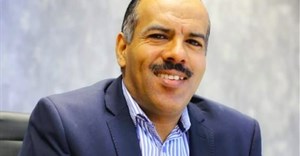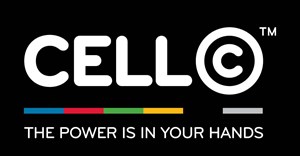Cell C welcomes High Court judgment

The only true solution to this impasse is an open and competitive market, made possible by a level playing field. This is why several industry players chose to oppose the planned merger between Vodacom and Neotel.
In 2014 Vodacom, South Africa’s largest mobile operator, announced plans to buy Neotel, the country’s second-largest fixed-line operator. If Vodacom were to acquire Neotel’s vast fibre networks as well as its mobile spectrum, it would render the company’s iron grip on the market into an unassailable monopoly able to dictate the price consumers pay to connect.
Key concern
Spectrum is a key concern: defined as the radio frequencies used to transmit (among other things) mobile signals, spectrum is essential for delivering faster internet to a growing user base. Already this is a pinching nerve for mobile operators, as spectrum is not only scarce but licenses for it are very difficult to acquire.
Vodacom’s takeover of Neotel would have delivered substantial amounts of this valuable commodity to the former, translating into an incredible and unfair advantage that could only hurt the market and ultimately consumers. Even the Competition Commission noted this, advising a number of conditions that included Vodacom be barred from using Neotel’s spectrum for more than two years.
Yet even though Vodacom decided to modify its deal and exclude spectrum licenses, the High Court’s decision to set aside approval of the merger is a clear victory for South Africa’s broadband market and the consumers it serves. But perhaps even more key is the finding that the industry regulator Independent Communications Authority of SA (ICASA) did not act appropriately. Its behaviour, incredibly, included private meetings with Vodacom. The High Court judge said that “[f]or an administrator to attend a private meeting with one of the parties under these circumstances is, in my view, not only improper, but also unlawful.”
ICASA failed
Given its past actions, which included fighting cuts to already-expensive mobile termination rates, there is little doubt that Vodacom would have used its acquired girth to continue forcing the market into inadvertently punishing consumers. Likewise, the High Court has laid bare how ICASA failed to meet one of its most basic requirements of its existence: the creation of competition in the telecommunications industry. By not considering the potential anti-competitive effects of the proposed merger - facts they had at hand - ICASA failed its statutory obligation to promote competition that brings about affordable prices for consumers.
But while this battle is won, the war continues. Even though the ruling puts a stop to the spectrum takeover, any merger between Vodacom and Neotel should be opposed. It would make it even harder for newcomers to compete in and grow South Africa’s Internet market. As the need to connect more South Africans to the Internet and the demand for affordable broadband services continue to grow, every measure should be taken to ensure a responsible and fair market - one that ultimately provides better services for less to all South Africans.
This is not simply a matter of market share, but an issue that concerns all of us. Cell C welcomes the High Court’s judgment and commits itself to continue the fight for a South African Internet we can all participate in.







